The arrests made by the Republic of Cyprus of people accused of selling Greek Cypriot-owned property in the north may have been “designed as a reaction to the Turkish side’s demands for a two-state solution”, former Turkish Cypriot chief negotiator for the Cyprus problem Ozdil Nami told the Sunday Mail.
He added that there were also a reaction to the opening of Varosha to the public in 2020, amid eight consecutive years without formal negotiations on the Cyprus problem.
However, he was keen to stress that this is not the first time such measures have been taken in Cyprus.
“The Greek Cypriot side has tried to put pressure on the Turkish Cypriot side using this method in the past,” he said, adding that it had been “used by Greek Cypriot leaders in the past to undermine negotiation processes which were going well”.
In this, he was referring to a number of court cases which took place in the 2000s, the most notable of which saw a British couple ordered to forfeit a villa they had built in the Kyrenia district village of Lapithos and pay the land’s original Greek Cypriot owner damages as European Union law dictated that Cypriot court rulings had to be enforced across the bloc, including in then-member the United Kingdom.
Two decades later, Cyprus’ property dispute may once again be taking on an international dimension, with newspaper Phileleftheros having reported on Saturday that €614,000 worth of real estate in Thessaloniki belonging to Jack Afik, the son of Israeli property developer Simon Mistriel Aykut, was seized by the Greek authorities.
The newspaper wrote that Afik owns 12 apartments and offices in a building located a stone’s throw from Thessaloniki’s central Egnatia Street, and that the properties were seized following collaboration between the Cypriot and Greek authorities pursuant to an arrest warrant issued against Afik over his alleged illegal development and sale of Greek Cypriot-owned property in the north.
Earlier, the Cypriot authorities had seized €1.2 million of his assets in the Republic of Cyprus, most of which consisted of undeveloped land in the Larnaca district.
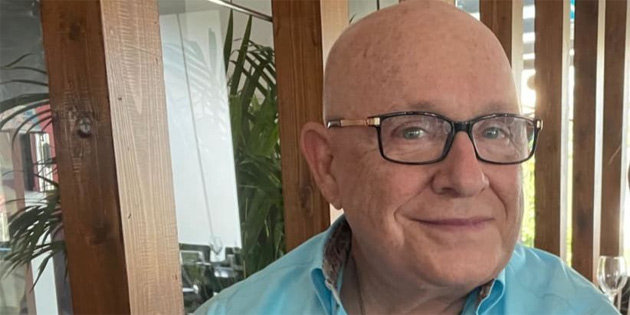
Aykut was arrested in June last year while attempting to cross from the north to the Republic. He is the founder of the Afik Group, which has carried out various construction projects in the Trikomo area.
He remains on trial in Cyprus and stands accused of having developed and sold €43m worth of property on Greek Cypriot land in the north. Arrest warrants have also been put out for Afik and Aykut’s other son, Michael Mistriel Aykut.
In Cyprus, Nami’s assessment of the reason behind the arrests was largely shared by Hulusi Kilim, the secretary-general of bicommunal political party Volt.
“On the one hand, the Republic of Cyprus has a legal obligation to protect the rights of displaced property owners under international law and its own constitution. On the other, these actions coincide with growing frustration over the Turkish Cypriot leadership’s continued abandonment of the agreed federal framework in favour of a two-state solution,” he told the Sunday Mail.
He added that the election of Turkish Cypriot leader Ersin Tatar in 2020 coincided with “a clear policy shift in the north” regarding property, which entailed “increasingly public encouragement of construction on disputed land”.
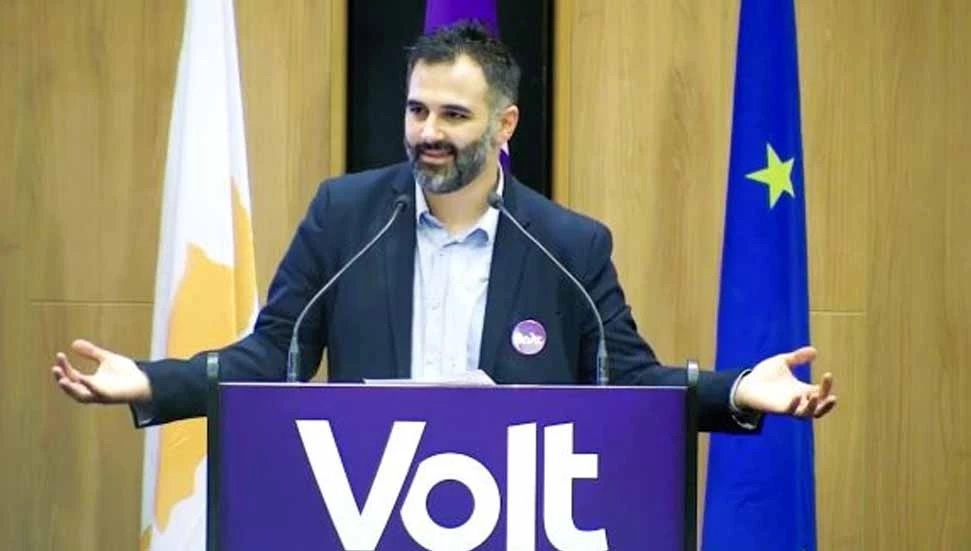
“This, combined with mass development and unauthorised marketing targeting foreign investors, has made the situation politically and diplomatically untenable,” he said.
Of the Greek Cypriot side’s stance, he said that “the Greek Cypriot leadership has signalled through public statements that it views legal enforcement as one of several ‘tools’ to apply pressure on both the Turkish Cypriot leadership and Ankara to return to negotiations within the United Nations’ framework”.
He also criticised Tatar’s reaction to the situation, with Tatar in the week having described the arrests as “acts of terrorism” and even refused to meet President Nikos Christodoulides in response to them.
“This is a calculated response to delegitimise the legal basis of the property claims and further delay dialogue. It also reflects a strategy of his to justify further disengagement. While I believe the legal actions were not designed to derail talks, they have been used to do just that,” he said.
He added, “without a leadership committed to genuine negotiation within the UN parameters, these developments will not serve as a wake-up call, but as an excuse”.
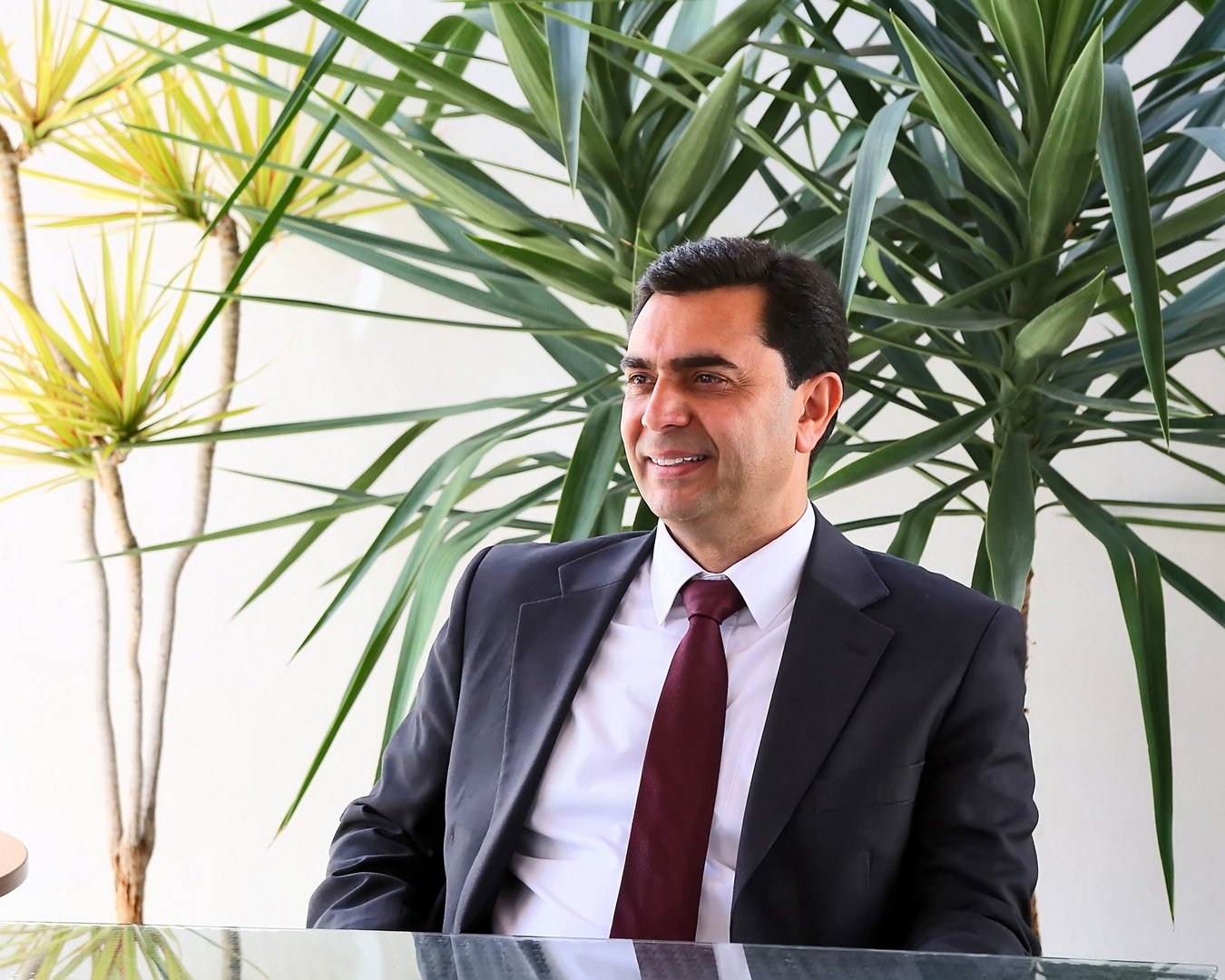
Nami, meanwhile, said that given the nature of the Cyprus problem as a frozen conflict, the arrests or other, similar moves could destabilise the island’s political situation.
“Every issue which brings tension to mutual relations should remind us of the dangers of the Cyprus problem’s continuing status quo. This could be about property today, or energy or irregular migration tomorrow, or other issues. The current situation could trigger such issues to turn into major crises,” he said.
“The Cyprus problem has been in a deep freeze for a long time. The crises experienced should remind all sides that it is urgent to re-establish meaningful negotiations.”
He also made reference to Tatar’s statement that he would refuse to meet Christodoulides in such circumstances but suggested that this stance is “ineffective” given that Tatar has not actually held any formal negotiations since taking office four and a half years ago.
As such, he said the way the Turkish Cypriot side should address the issue is by returning to formal negotiations to solve the Cyprus problem.
“The changing international environment and this and similar crises show us that negotiations need to be recommenced in the near future … I think that the most rational step that the Turkish Cypriot side can take is to demand that negotiations start where they left off,” he said, referring to the cessation of talks at Crans Montana in 2017.
However, he did suggest some amendments to future talks, compared to how they were conducted at Crans Montana, saying that there must be “a schedule, arbitration, and a structure where the price that the side rejecting the solution will pay is clear from the beginning”.
He added, “I do not think that other methods, such a closing the crossing points, filing countersuits, and making arrests are applicable, nor do I think they will bring about the desired result”, in reference to some suggestions made by figures within the ruling coalition in recent weeks.
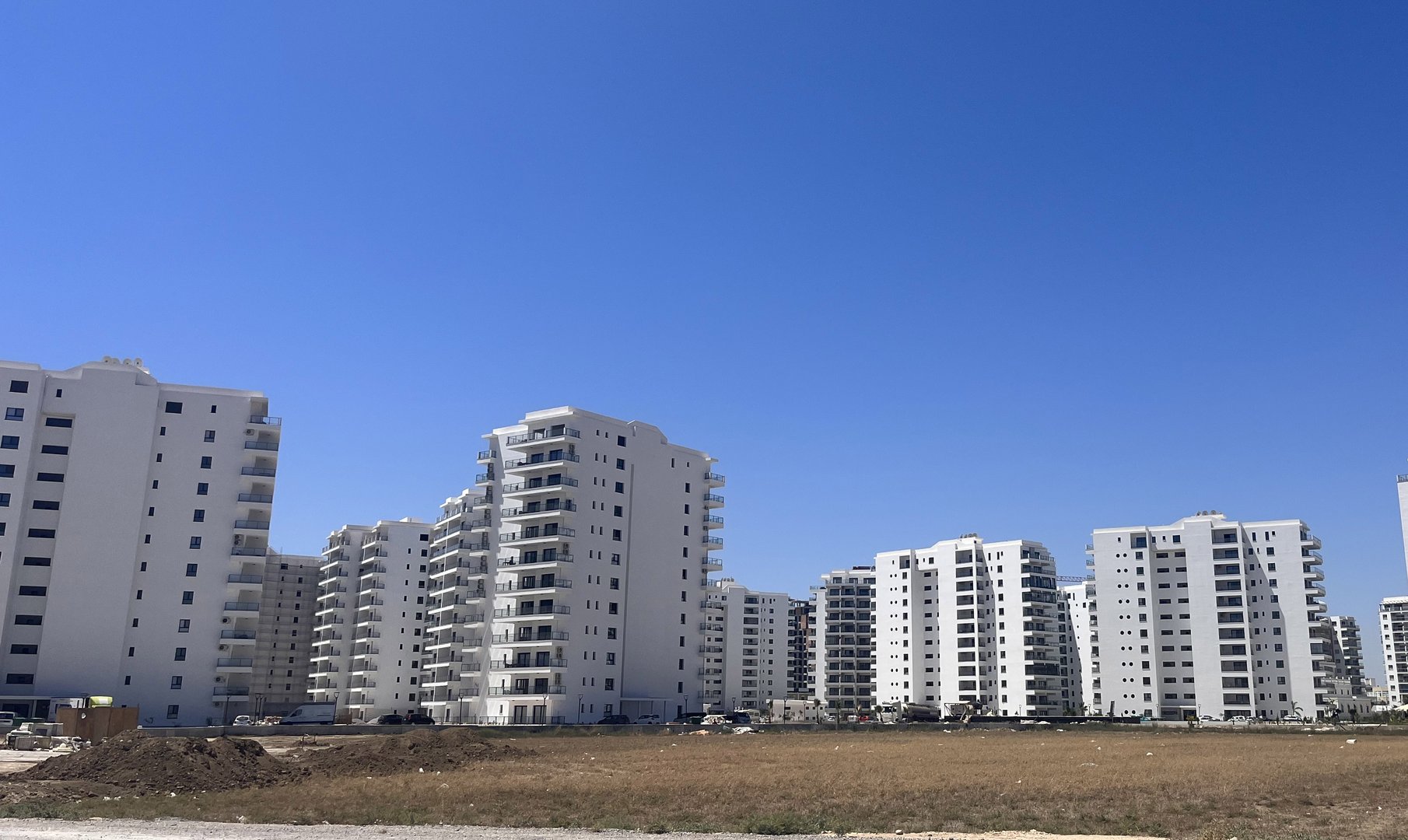
Kilim’s suggestion for the future was similar, though he was scathing of Tatar’s current stance.
“Realistically, so long as the current Turkish Cypriot leadership maintains its rejection of the agreed framework and promotes a two-state policy, a substantive shift on the property issue is unlikely … In fact, the current approach signals to the international community that the Turkish Cypriot side is not serious about resolving longstanding legal disputes, let alone the Cyprus problem,” he said.
He added that the image created by the situation is “damaging”, and that “it reinforces the perception that the Turkish Cypriot side, aligned with Ankara, is pursuing a path of permanent partition, reckless development, and disregard for international law”.
“This narrative weakens the community’s standing internationally, deepens isolation, and undermines even moderate sympathy for Turkish Cypriot concerns,” he said.
Despite others’ assertions, the government has maintained that the arrests are not of a political nature and have not come about as a result of political interference.
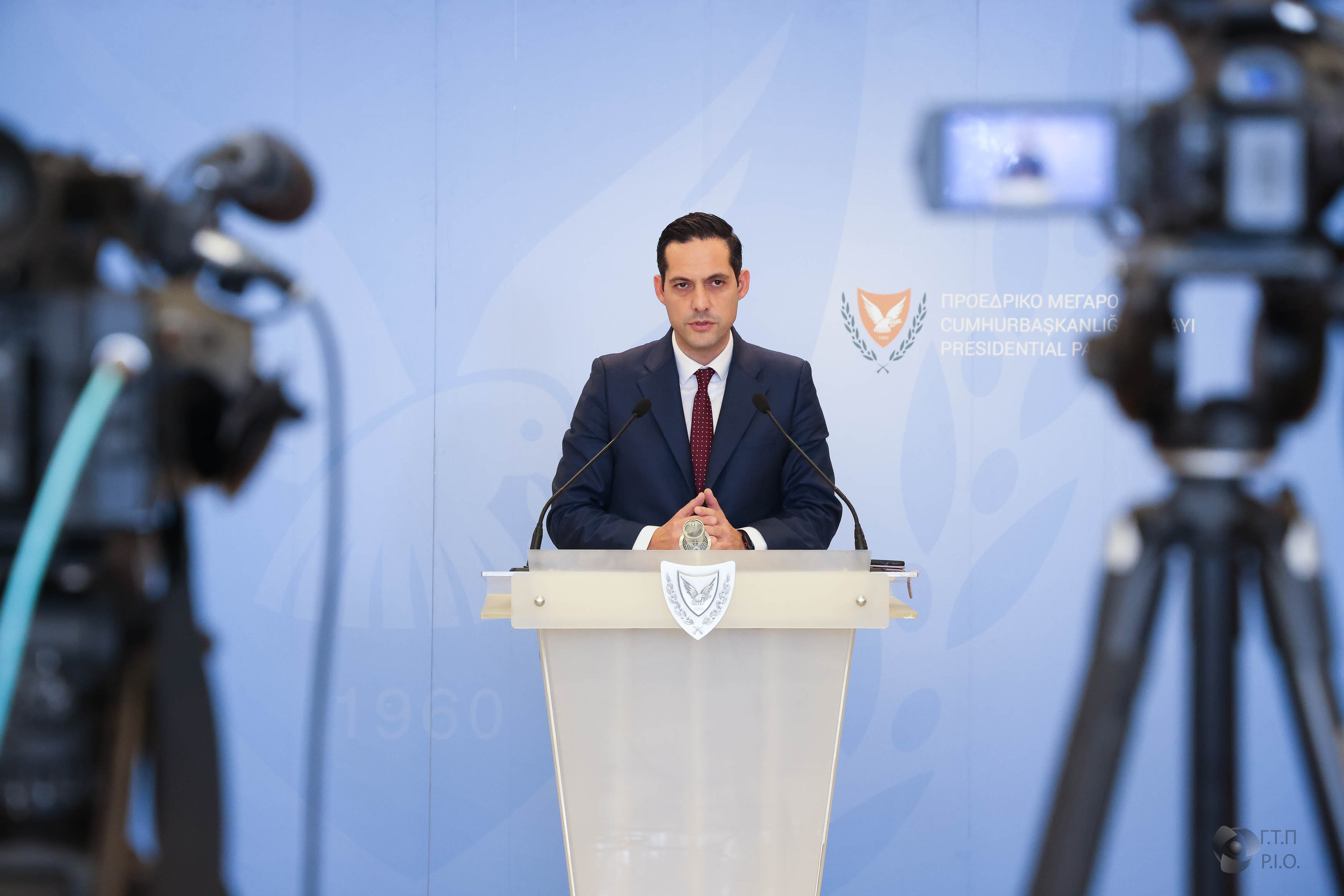
While government spokesman Konstantinos Letymbiotis and his deputy Yiannis Antoniou could not be reached by the Sunday Mail despite persistent and repeated attempts, Letymbiotis had said after Christodoulides’ meeting with United Nations envoy Maria Angela Holguin on Friday that politics had nothing to do with the arrests.
“We will repeat this for the umpteenth time – the president himself has said it, that in every well-governed state, in every democracy, the executive branch cannot interfere in the judiciary,” he said at the time.
The current round of arrests and court cases related to Greek Cypriot-owned property in the north began in 2023 when Turkish Cypriot lawyer Akan Kursat was arrested in Rome over his alleged involvement in the development and sale of land in Kyrenia.
His case was eventually suspended indefinitely.
More recently, two Hungarian nationals were handed prison sentences over the matter earlier this month, with the pair having admitted to promoting and advertising the sale of houses near Kyrenia on the internet.
The pair are the first to have admitted guilt in such cases, with it having been heard in court that they had advertised via their social media accounts the sale of housing complexes constructed near the villages of Kalogrea and Ayios Amvrosios, which are located in the east of the Kyrenia district, without the consent of the land’s original Greek Cypriot owners.
The court’s decision regarding their sentencing referred to the “political aspect” of the issue, stressing “the need for the courts to stand as an aid to the state in order for it to end the usurpation of Greek Cypriot properties in the occupied territories”.
Meanwhile, the case of a German national who reportedly spoke about selling property in the north to an off-duty police officer during a flight to Larnaca is ongoing, and arrest warrants have been issued for four Turkish nationals in connection with developments in the Famagusta district village of Lefkoniko.
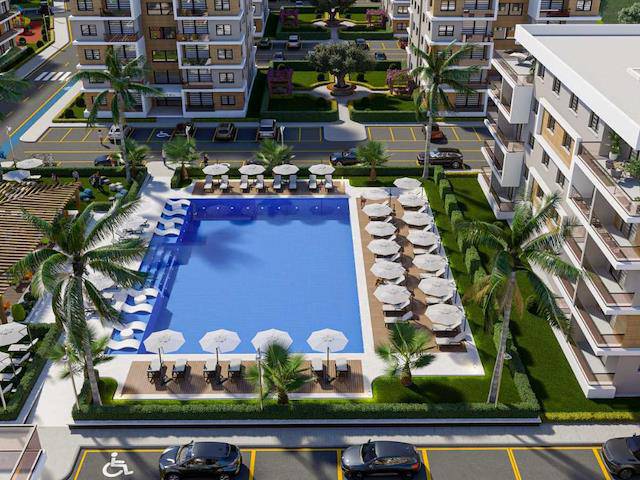
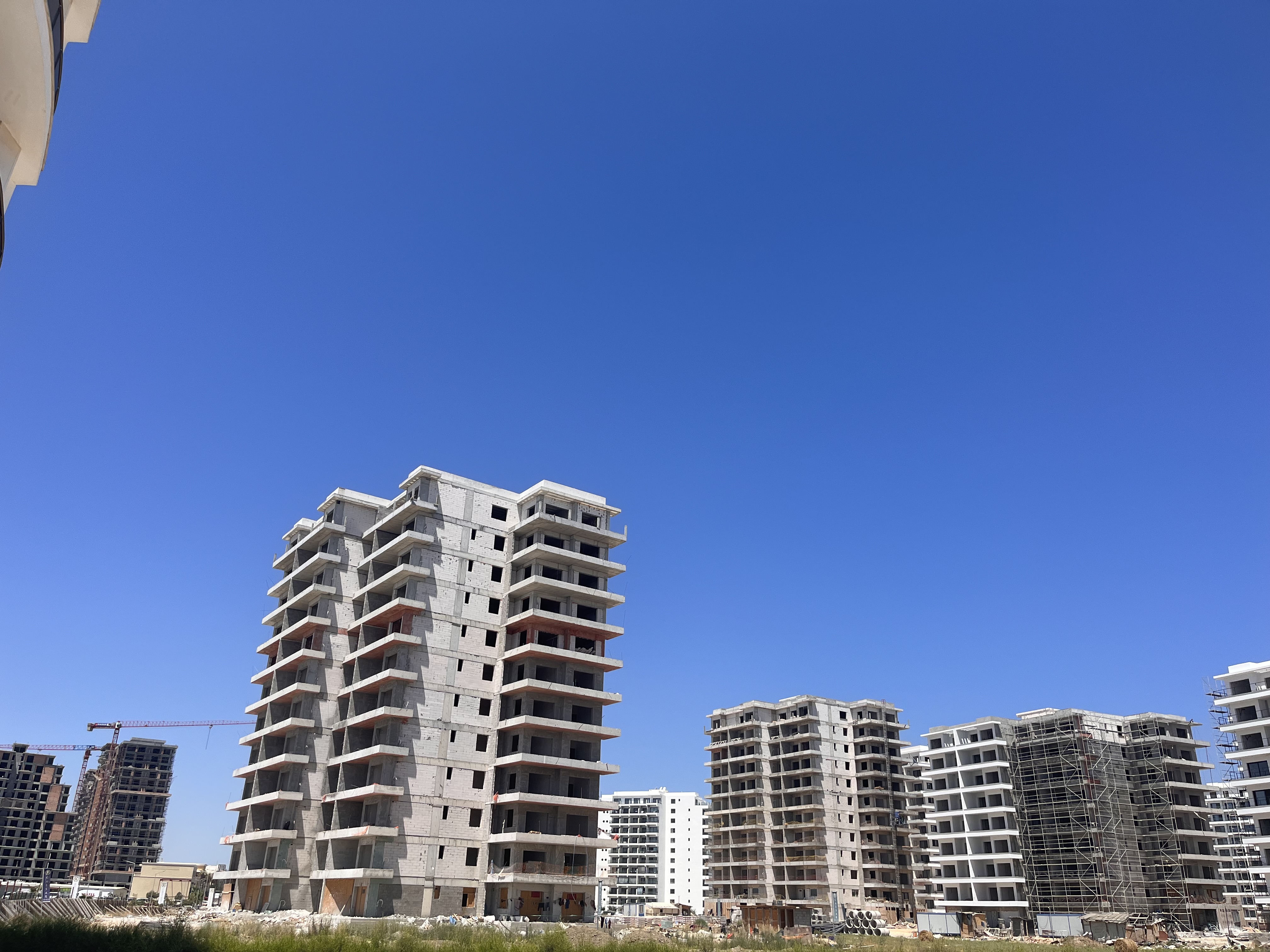





Click here to change your cookie preferences